As a student, your schedule is packed—lectures, assignments, exams, and social commitments. Amid this whirlwind, recovery often takes a backseat. Yet, recovery is not just about rest—it’s the foundation of physical resilience, mental clarity, and peak performance. Poor recovery sabotages core strength, throws off balance, and increases injury risk. Worse, many students unknowingly make simple mistakes that undermine their progress.
This article reveals 10 common recovery pitfalls and offers practical, student-friendly solutions with tracking ideas and motivation cues to help you stay on track—without adding more stress.
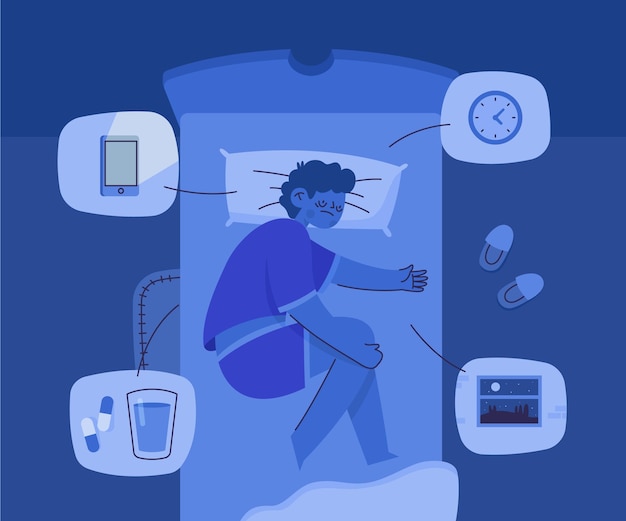
Pulling all-nighters may seem heroic, but sleep is when your body repairs muscle, consolidates memory, and resets the nervous system. Chronic sleep deprivation weakens core stability and impairs balance.
Solution: Aim for 7–9 hours nightly. Use a sleep tracker app to monitor patterns. Set a 'digital curfew' 30 minutes before bed.
Motivation cue: "Every hour of sleep is an investment in tomorrow’s focus and strength."
Dehydration reduces muscle function and delays recovery. Even mild dehydration can impair coordination and core engagement.
Solution: Carry a reusable water bottle. Track intake with apps like WaterMinder. Aim for 1.5–2 liters daily, more if active.
Tracking tip: Mark your bottle with time-based goals (e.g., half full by noon).
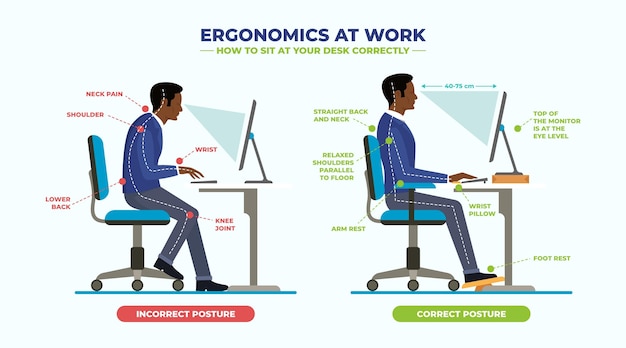
Slouching over a laptop weakens deep core muscles and strains the spine. Over time, this imbalance affects balance and increases fatigue.
Solution: Use ergonomic seating. Take micro-breaks every 30 minutes to reset posture. Practice seated pelvic tilts to activate core muscles.
Motivation cue: "Strong posture builds a strong core—sit like you’re ready to move."
Jumping into workouts or walking straight from class to the gym increases injury risk and slows recovery.
Solution: Spend 5–10 minutes warming up with dynamic stretches (arm circles, leg swings). After activity, cool down with static holds (child’s pose, hamstring stretch).
Tracking idea: Use a habit tracker to log daily warm-up/cool-down completion.
Core muscles need recovery just like any other. Overtraining without rest leads to fatigue and poor neuromuscular control.
Solution: Limit intense core workouts to 3–4 times per week. Include rest days with gentle yoga or breathing exercises.
Motivation cue: "Rest is not laziness—it’s rebuilding strength from within."

Relying on cafeteria fries or vending machine snacks deprives your body of nutrients essential for muscle repair and energy balance.
Solution: Pack balanced snacks (nuts, fruit, yogurt). Choose meals with lean protein, complex carbs, and veggies.
Tracking idea: Use a food journal app to log meals and energy levels daily.
Stress elevates cortisol, which breaks down muscle and impairs recovery. Mental fatigue also affects physical coordination.
Solution: Practice mindfulness or deep breathing for 5–10 minutes daily. Try guided meditation apps during breaks.
Motivation cue: "A calm mind supports a strong body—breathe to rebuild."
Random workouts without structure prevent adaptation and delay recovery progress.
Solution: Create a weekly plan that balances cardio, strength, core, and balance work. Include at least one active recovery day (walking, stretching).
Tracking idea: Use a calendar to schedule workouts and color-code by type.
Blue light from screens disrupts melatonin production, making it harder to fall asleep and reducing sleep quality.
Solution: Enable night mode or use blue light-blocking glasses. Avoid screens 60 minutes before sleep.
Motivation cue: "Your phone can wait—your recovery can’t."
Without feedback, it’s hard to know what’s working. Lack of progress tracking leads to discouragement and inconsistency.
Solution: Track simple metrics: sleep hours, water intake, workout consistency, and how you feel daily (1–10 scale).
Tracking idea: Use a bullet journal or app like Habitica to gamify your recovery habits.
Recovery isn’t passive—it’s an active process that fuels your academic and physical performance. By avoiding these 10 common mistakes and using simple tracking tools, you can enhance core strength, improve balance, and stay energized throughout the semester.
Start small. Pick one mistake to fix this week. Build momentum. Your body—and your grades—will thank you.

Wellness

Wellness

Wellness

Wellness

Fitness
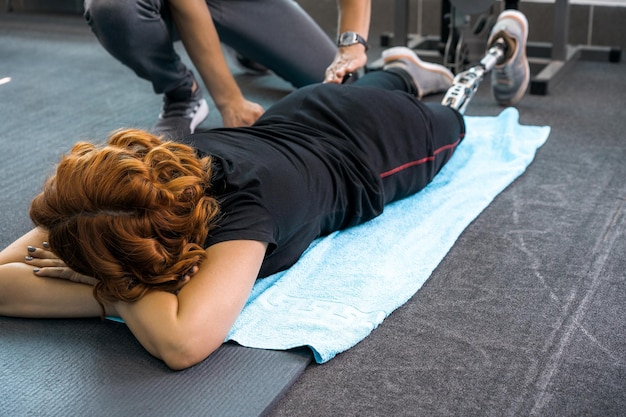
Fitness

Fitness
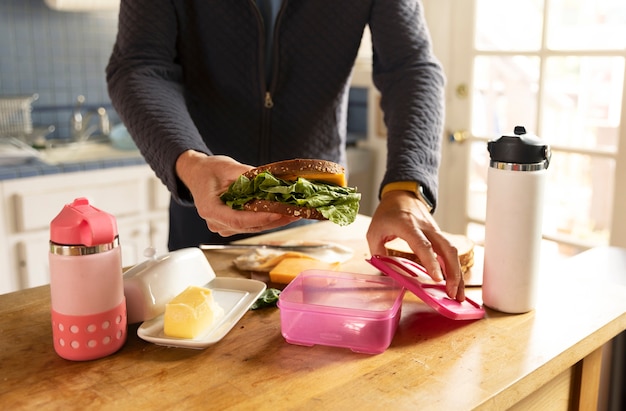
Wellness

Fitness

Wellness
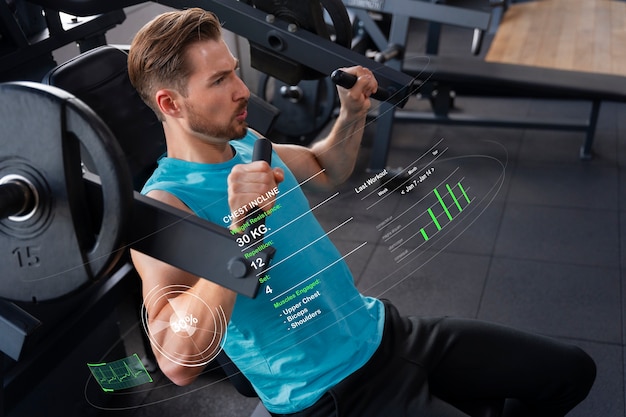
Fitness
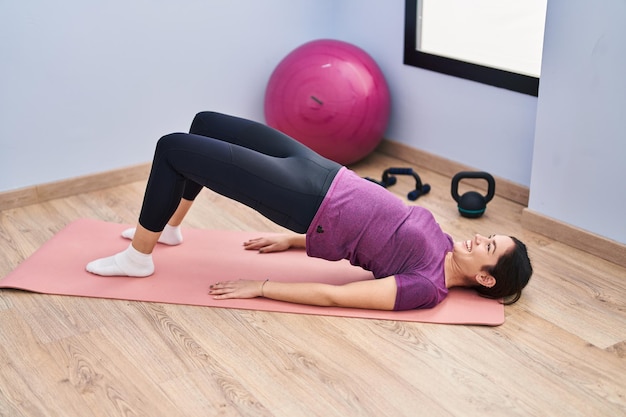
Fitness

Health

Fitness

Health

Health